Bacteria Found in Nuclear Reactors Could Be the Secret to Faster
Por um escritor misterioso
Descrição
The extremophile bacterium Deinococcus radiodurans was first discovered in 1956 at Oregon State University, where it was busy ruining a gamma ray experiment designed to sterilize a tin of ground meat. The “sterilized” meat spoiled, thanks to D. radiodurans and its preternatural durability in the face of radiation: The…
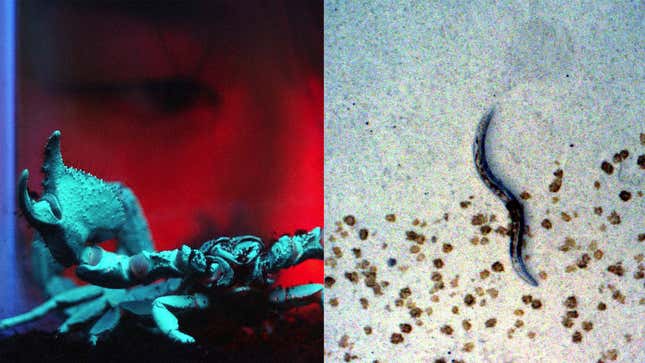
These Hardcore Species Would Stand a Chance in a Nuclear Apocalypse
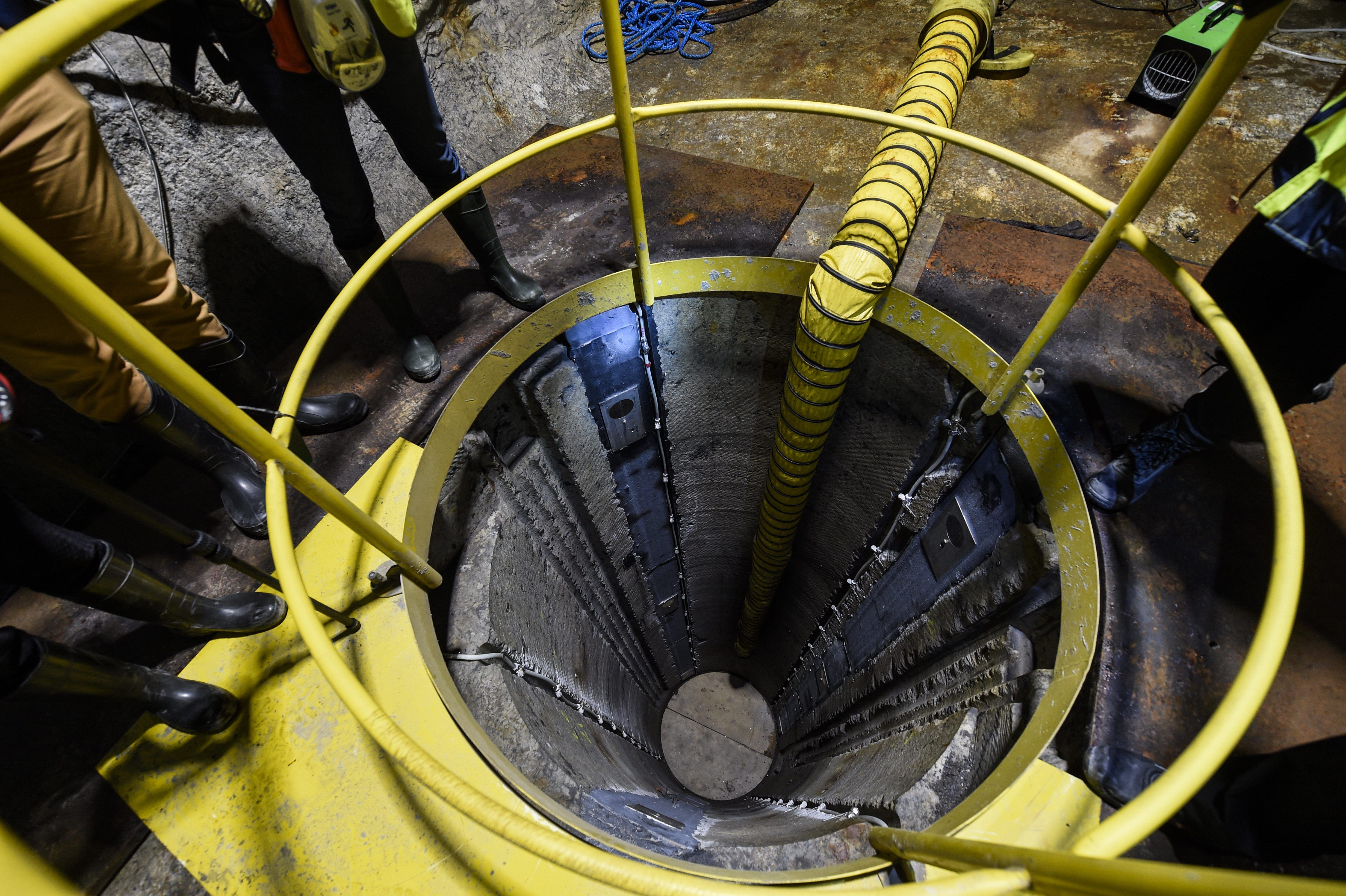
This Underground Tomb in Finland Will Store Nuclear Waste for

Radiation-eating bacteria could make nuclear waste safer
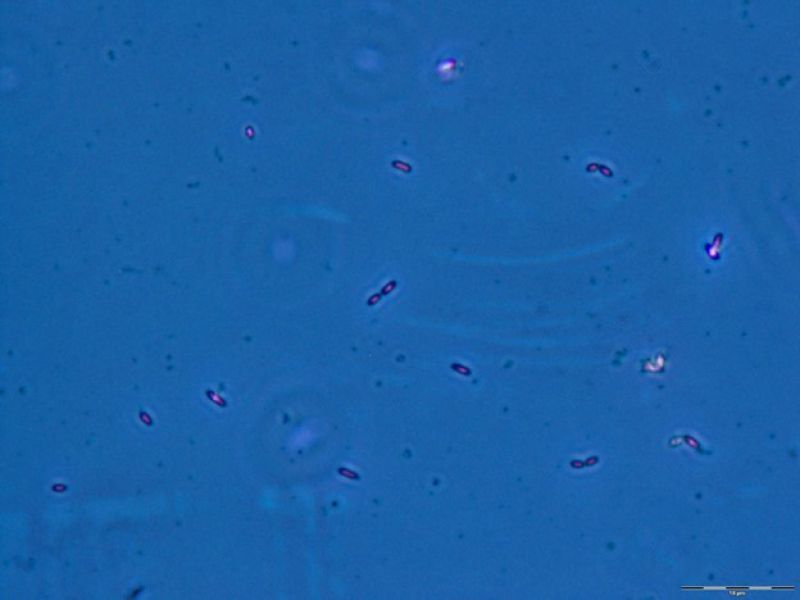
These bacteria clean up radioactive waste

France Sees 'No Problem' Funding Macron's Six New Nuclear Reactors

Visualized: The Many Shapes of Bacteria

Radiation-Eating Bacteria: Deinococcus Radiodurans. - BioLabTests
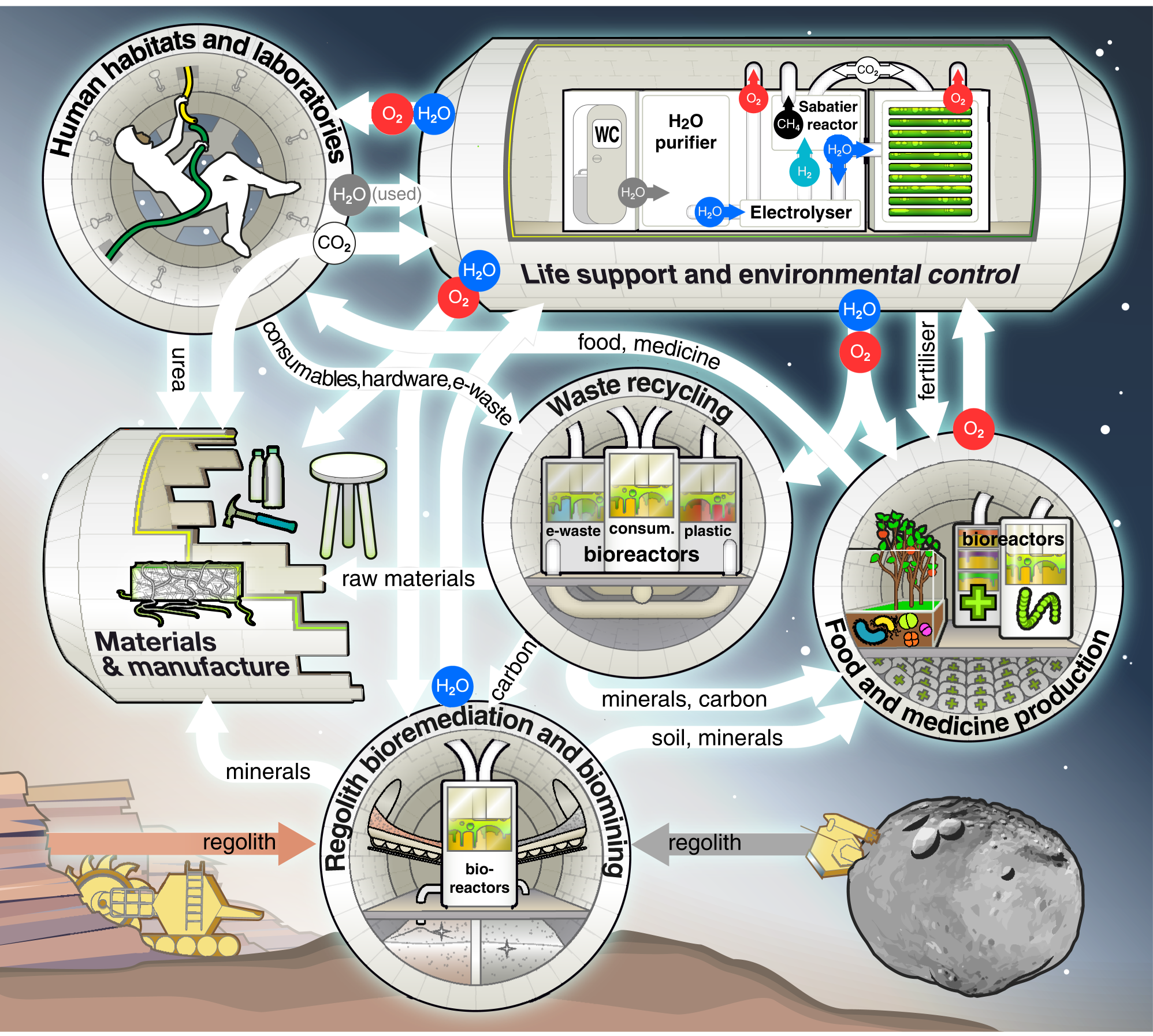
Toward sustainable space exploration: a roadmap for harnessing the

Bacteria Found in Nuclear Reactors Could Be the Secret to Faster

Radiation-resistant bacteria can help clean nuclear waste
de
por adulto (o preço varia de acordo com o tamanho do grupo)
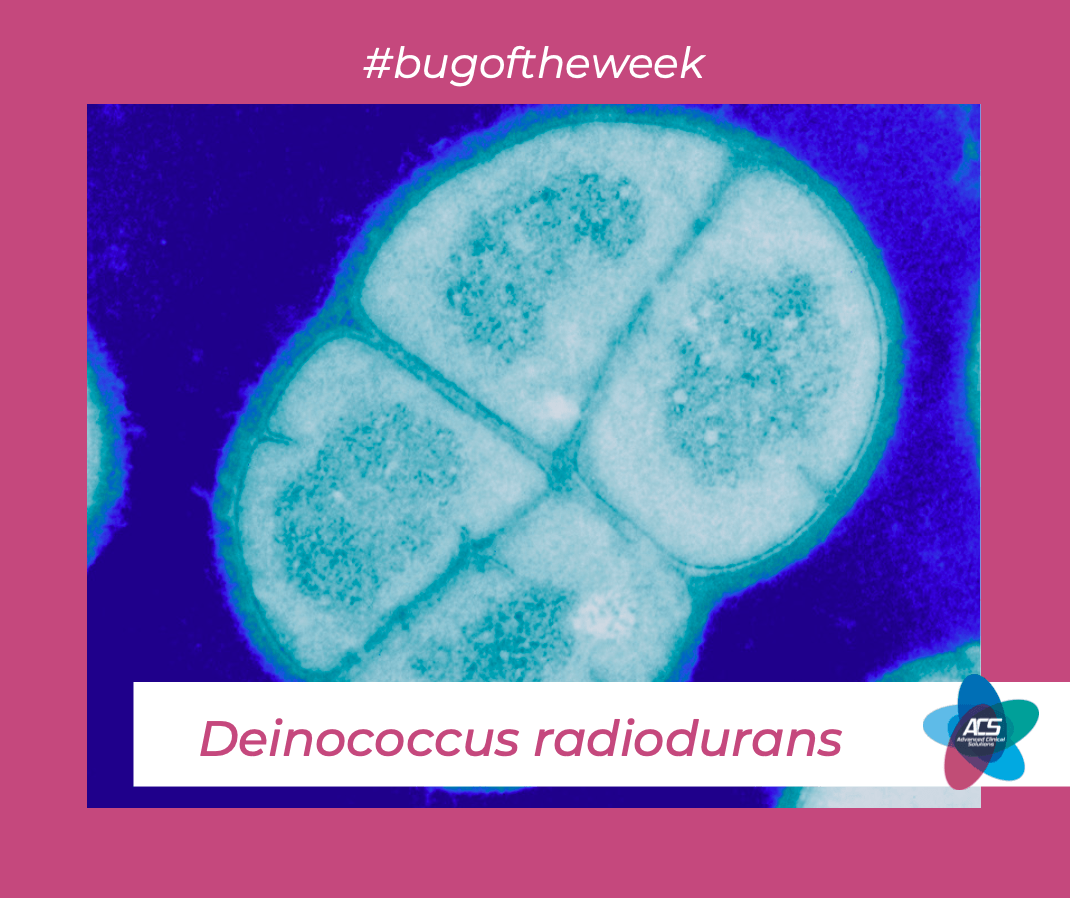

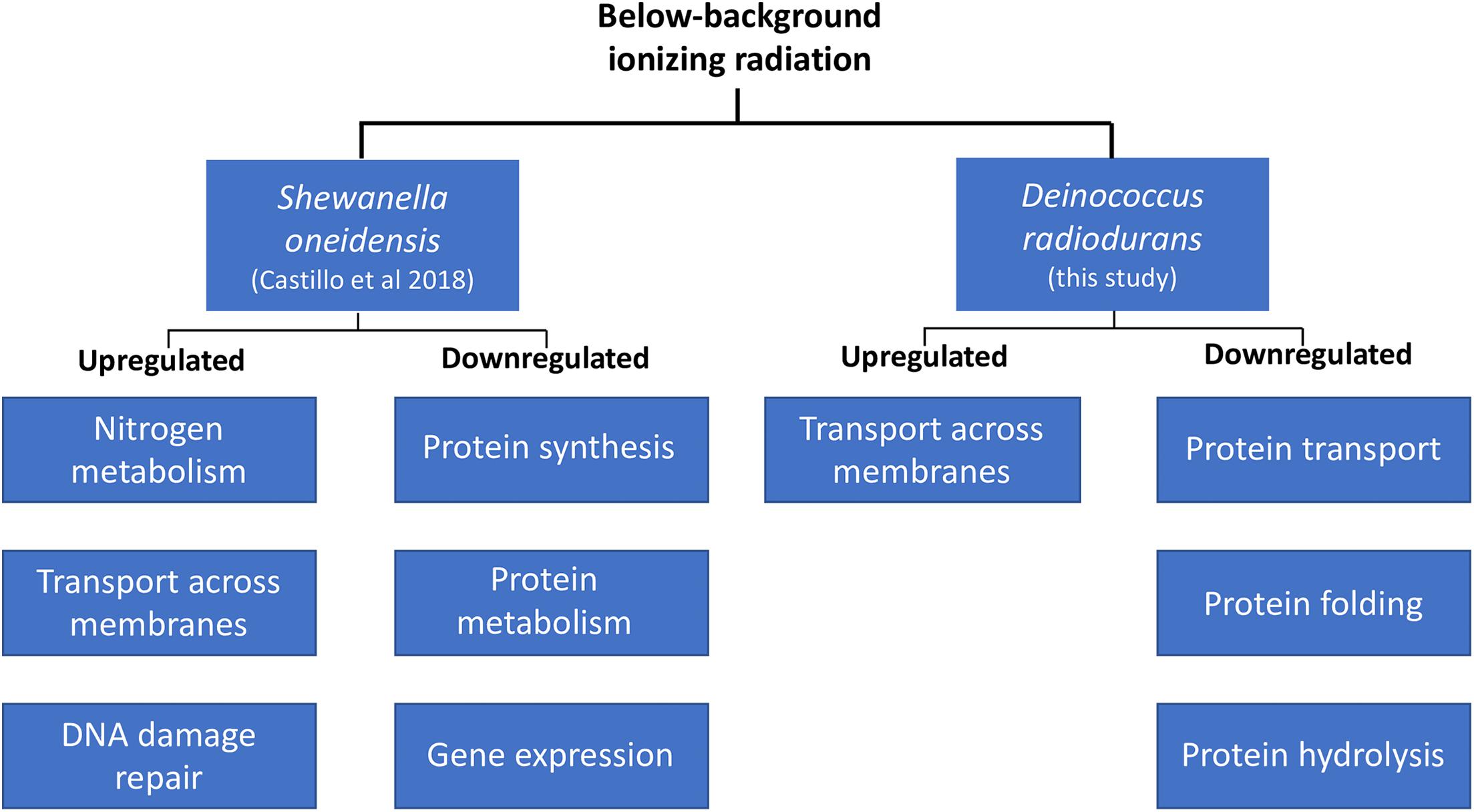

/i.s3.glbimg.com/v1/AUTH_bc8228b6673f488aa253bbcb03c80ec5/internal_photos/bs/2020/C/t/GXlUZtTKS4tLZBFlBeXA/rayquaza-counters.png)


